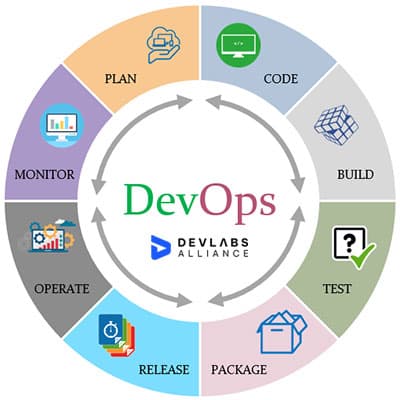
Home / DevOps / Certified DevOps Professional Training
DevOps
Certified DevOps Professional Training
(Powered by DevOps University)
Certified DevOps Professional Course delivered by DevLabs Alliance is one of the most in-demand courses today. DevOps promotes collaboration and enhances productivity through infrastructure automation and continuous monitoring of applications’ performance.
In the Certified DevOps Professional Course, you will be trained to become an expert in the principles of Continuous Integration, Continuous Deployment, Continuous Monitoring, and Continuous Delivery using tools like Puppet, Nagios, Chef, Ansible, Docker, Git, Jenkins and many more.
+40 Hours
Practical Session1000
Students EnrolledAdvanced
Level21
Modules
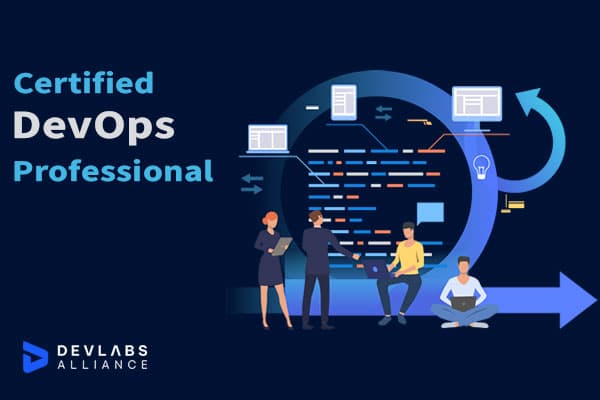
About Certified DevOps Professional Training
DevOps career opportunities are booming worldwide. There is a proliferating demand for Certified DevOps Professionals by DevLabs Alliance who possess an understanding of both the development and operational side of the software development and deployment process. This training course is designed to suit participants at all levels of experience.
Who Can Take This Course
Suitable For
- Software Developers
- Technical Project Managers
- Solution Architects
- Operations Support
- Deployment engineers
- Software Testers
- Security Engineers
- Integration Specialists
Total Skills Covered
Describe DevOps methodologies and the core concepts behind CICD
Explain the types of version control systems, continuous integration tools, continuous monitoring tools, and cloud models
Work with: Git with GitHub
Manage and track different versions of the source code and all artifacts using Git
Configure your private Jenkins.
Build and Automate Test using Jenkins and Maven
Integrate JUnit with Jenkins
Describe the importance of Configuration management tools like Chef and Puppet.
Learn different roles and Command Line usage of Ansible
Build and Deploy containerization using Docker
Perform Continuous Monitoring using Nagios
Describe the importance of cloud in DevOps, use of AWS in DevOps
Set up your entire CICD pipeline and execute it using a series of automation tools

Connect With a Course Advisor
By tapping continuing, you agree to ourPrivacy PolicyandTerms & Conditions

DevLabs Edge
Our training programs come with exceptional features that bring out the best in you
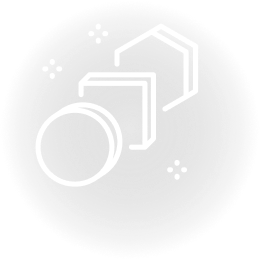


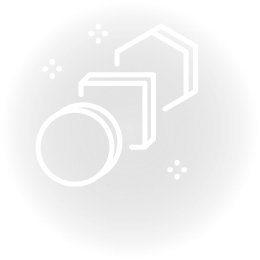



Certified DevOps Professional Certification
Devlabs Alliance has partnered with DevOpsUniversity to impart certified DevOps courses. DevLabs Alliance grants valuable DevOps certifications to IT professionals, who want to excel or build their careers in the emerging world of DevOps.
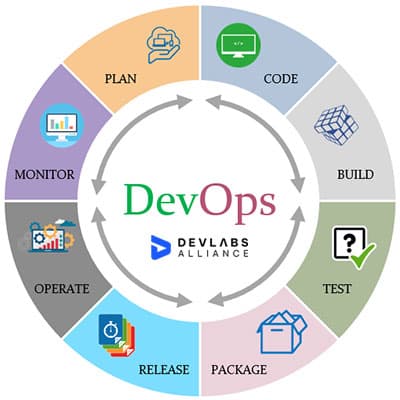
Sample Certificate
DevLabs Alliance's certified professionals do work for prominent international corporations such as Accenture, Optum, Capgemini, Cognizant, TCS, Wipro, IBM, Sapient, Nucleus, Oracle, Expedia, and more.
To gain access to DevLabs Alliance's courses and their corresponding certifications, you need to adhere to the following steps:
- Successfully complete and submit the practical assignments assigned during the course.
- The DevLabs Alliance team of seasoned experts and practitioners will assess the assignments you submit.
- Your assessment results will be communicated to you, and certification will be granted accordingly.
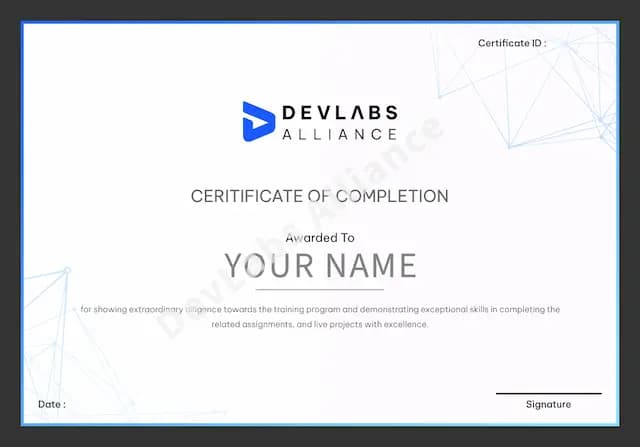

Flexible Training Plans
Choose your own way to learn
1:1-Classroom
1:1 Online Training
Program Cost
Features
1:1 Training
Individual Learning Path
Certification Guidance
Flexible Schedule
See More
Self-Paced
Self-Paced Training
Program Cost
Features
Learn at your own pace
Certification Guidance
Recorded Sessions
Placement Assistance
See More
Live-Classroom
40+ Hours Live – Online Training
Program Cost
Features
Instructor-led Training
Doubt Clearing Sessions
Certification Guidance
Flexible Schedule
See More
Live Classroom Batches

EMI Options Available
Program Curriculum
Total Chapters 21
1: Linux Fundamental Training (Self-Paced Course)
2: Introduction to DevOps
3: Cloud Overview – AWS
4: GIT
5: Build Tools – Maven
6: Jenkins
7: Continuous Integration (CI) with Jenkins
8: Continuous Delivery with Jenkins
9: Containerization – Docker
10: Introduction to Docker Components
11: Docker Images
12: Docker Containers & Internals
13: Docker Compose
14: Docker Swarm
15: Kubernetes
16: Configuration Management – Ansible
17: Logging – Splunk
18: Infrastructure Monitoring – Nagios
19: CICD Pipeline with Jenkins Pipeline as Code
20: Terraform
21: Microservices
Want More Details ?
Sign me up for the DevLabs newsletter
By tapping continuing, you agree to our Privacy Policy and T&C
For Corporates
Take The Right Steps To Success And Growth
- Experiential Learning
- Role Based Learning
- Talent Transformation Path
- Upskilling of Workforce
- Industry practitioners
- Certification

Experiential Learning
We believe in hands-on & real-world Experimental learning rather than just theoretical aspects.
Our Top Faculty
Your success is guaranteed with our experienced faculty


Vignesh
Corporate Trainer SDET
BE MBA


Jatin Bhalla
DevOps Corporate Trainer
MCA


Priyanka Konde
ISTQB Certified Tester
DPCOE, Pune

Corporate Reviews

‘’Data Trainers at DevLabs understood our industry's unique needs and tailored the content accordingly. “
Swati Mair
HRM, Zaggle

‘’Data Science training program provided our team with a good understanding of data analysis and data visualization. “
Roberto Mancebo
Automation Engineer, Applaudo Studios

‘’ Python Trainers at DevLabs ensured that the training was relevant and practical. “
Simarth Kaur
HRM, BroadRidge

‘’ The SDET training program revolutionized our testing approach. We learned about load testing, performance tuning, and test data management. “
Disha Saxena
L & D Manager, Axtria
What Our Students Are Saying
4.8

Fabio Artuso
When you love the process of learning, you can learn anything.. Thank you DevLabs Alliance for introducing me to the DevOps culture. I am sure I gained valuable knowledge and practical experience about some of the most important technologies in the DevOps industry like Jenkins, Docker, Kubernetes, Ansible, Terraform and more.

Hemanth Kumar
I am happy to inform that I completed DevOps curriculum provided by DevOps University and got certified as DevOps Engineer - Professional. I had a great hands-on experience with different DevOps tools like Git, Jenkins, Docker, Kubernetes, Ansible, Terraform and Splunk. It also helped me to get practical knowledge on CICD pipelines.

Jyoti Pawar
I am a Technical Architect, till now I was mainly looking for software solutions only. DevLabs Alliance course helped me to get knowledge of CICD pipelines and its helping me in my career.

Olutayo Samson
It was an awesome experience during all the training sessions at DevOps University. I was introduced to new DevOps tools such as Jenkins, Docker and much more. Though there is a lot to take in, the videos are recorded which allows me to go back and watch them again for clarity. I would recommend this to a friend.

Siddhant Wankhade
As of my experience it is so helpfull to me to work with deployment of my working project,all given hands on and knowledge delivery its too good, in the given session one to one discussion had cleared my doubts. Thanks you for providing in-depth training.
BOOK A DEMO
Witness our excellence
Phone Number*
Sign me up for the DevLabs newsletter
By tapping continuing, you agree to our Privacy Policy and Terms & Conditions
`` We strongly recommend DevLabs for teams that are looking to let their members get the best trainings ``

CTO of Particle
Similar Courses
Related Blogs

Gurgaon
USA
1603, Capitol Avenue, Suite 413A, 2659, Cheyenne, WY 82001, USA
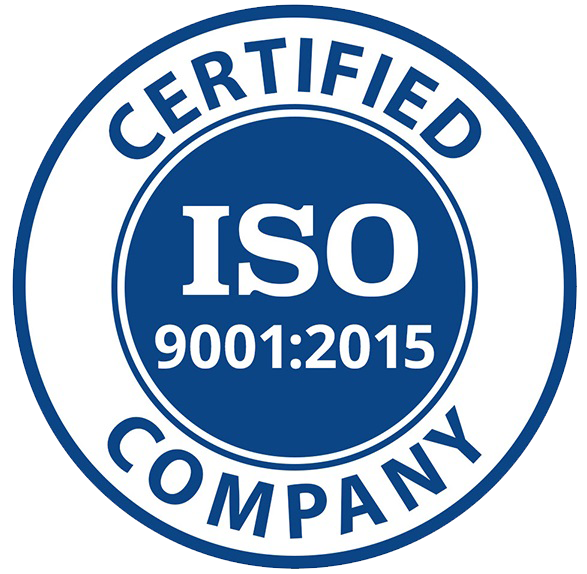
COURSE CATEGORIES
`Copyright © DevLabs Alliance. All rights Reserved`
|
Refund & Reschedule Policy
Privacy Policy
Terms of Use

